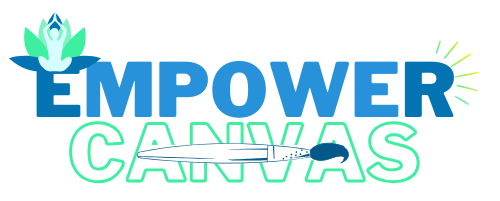
JOURNEY TO RESILIENCE
The main aim of the game is to help players (at-risk youth) develop resilience by actively engaging them in tasks that foster essential life skills such as leadership, emotional intelligence, critical thinking, interpersonal skills, art and mindfulness. Youth workers play a key role in facilitating the game and guiding the players through the activities and reflections.
Youth workers are there to provide support, encourage open dialogue, and create a safe space for players to share their thoughts and experiences. They help connect the tasks with real-life situations, enabling players to see how the skills they develop in the game can be applied outside the game environment.
Our Print & Play format is are available to download in English, Croatian, German, Portuguese, Russian and Ukrainian.
Role of Faciliator
The role of the facilitator is to guide players through the game, ensuring that everyone understands the tasks and objectives. The facilitator encourages players to reflect on the skills they are developing, such as resilience, leadership, and emotional intelligence, while fostering an environment of open communication and mindfulness. They provide support when needed, help resolve any conflicts or confusion, and keep the game moving smoothly, ensuring that all players stay engaged and benefit from the experience.
Theme of Game
The theme of the game revolves around building resilience through the exploration of essential life skills such as leadership, emotional intelligence, interpersonal communication, and critical thinking. It integrates art and mindfulness practices to enhance personal growth, self-awareness, and emotional well-being. The game symbolizes how life's challenges and pauses contribute to personal development, with the ultimate goal of fostering a deeper understanding of resilience in both individuals and teams.
Digital Version of the Game
The digital version of the game allows youth workers to act as the game master, guiding players through the experience and ensuring the smooth flow of the game. Even without a physical board, players can still participate and engage in the game remotely. The digital format maintains all the core elements, including the resilience-building tasks, skill exploration, and mindfulness practices. It provides an interactive platform where players can develop important life skills while enjoying the experience, regardless of their location.
Impact of the Game on At-Risk Learners
At-risk learners are individuals who face significant challenges that may hinder their academic success and personal development, such as socio-economic hardship, lack of support systems, or emotional and behavioral difficulties. The game impacts at-risk learners by providing a safe and engaging space to develop resilience, emotional intelligence, and critical thinking skills. Through interactive tasks and mindfulness practices, the game helps these learners build self-confidence, improve their interpersonal skills, and better manage stress, all while fostering a sense of achievement and personal growth in a peer-learning and community-building environment.
How to Play
Choose Your Chip:
Each player chooses a chip (yellow, blue, red, or green). The youth worker (game master) explains the rules. The game is played digitally, so all players can join remotely. You can drag your chip to the squares on the board.Roll the Dice:
Players take turns rolling the dice. The player who rolls the highest number starts the game.Move Your Chip:
On each turn, players roll the dice again and move their chip forward by the number rolled. Each square on the board represents a task related to building resilience, such as leadership, emotional intelligence, interpersonal skills, and critical thinking, while integrating art and mindfulness.Complete Tasks:
When a player lands on a square, they must complete the task associated with that square. Click on the number on the square to view your task. Tasks are designed to help develop key resilience skills. Note: There are no right or wrong answers—only opportunities for reflection.Special Squares:
There are special squares, if a player lands on one of these squares, they lose a turn. These squares symbolize moments in life when you need to take a step back and pause.Winning the Game:
The first player to reach the finish line wins the game. The goal is to develop resilience and overcome challenges along the way, fostering personal growth and skill-building.
Get Updates And Stay Connected -Subscribe To Our Newsletter

Empower Canvas
Funded by the European Union. Views and opinions expressed are however those of the author(s) only and do not necessarily reflect those of the European Union or the European Education and Culture Executive Agency (EACEA). Neither the European Union nor EACEA can be held responsible for them.
- Facebook Page
- mail: admin@theartmind.eu
Latest Updates
© EmpowerCanvas Consortium. All Rights Reserved.